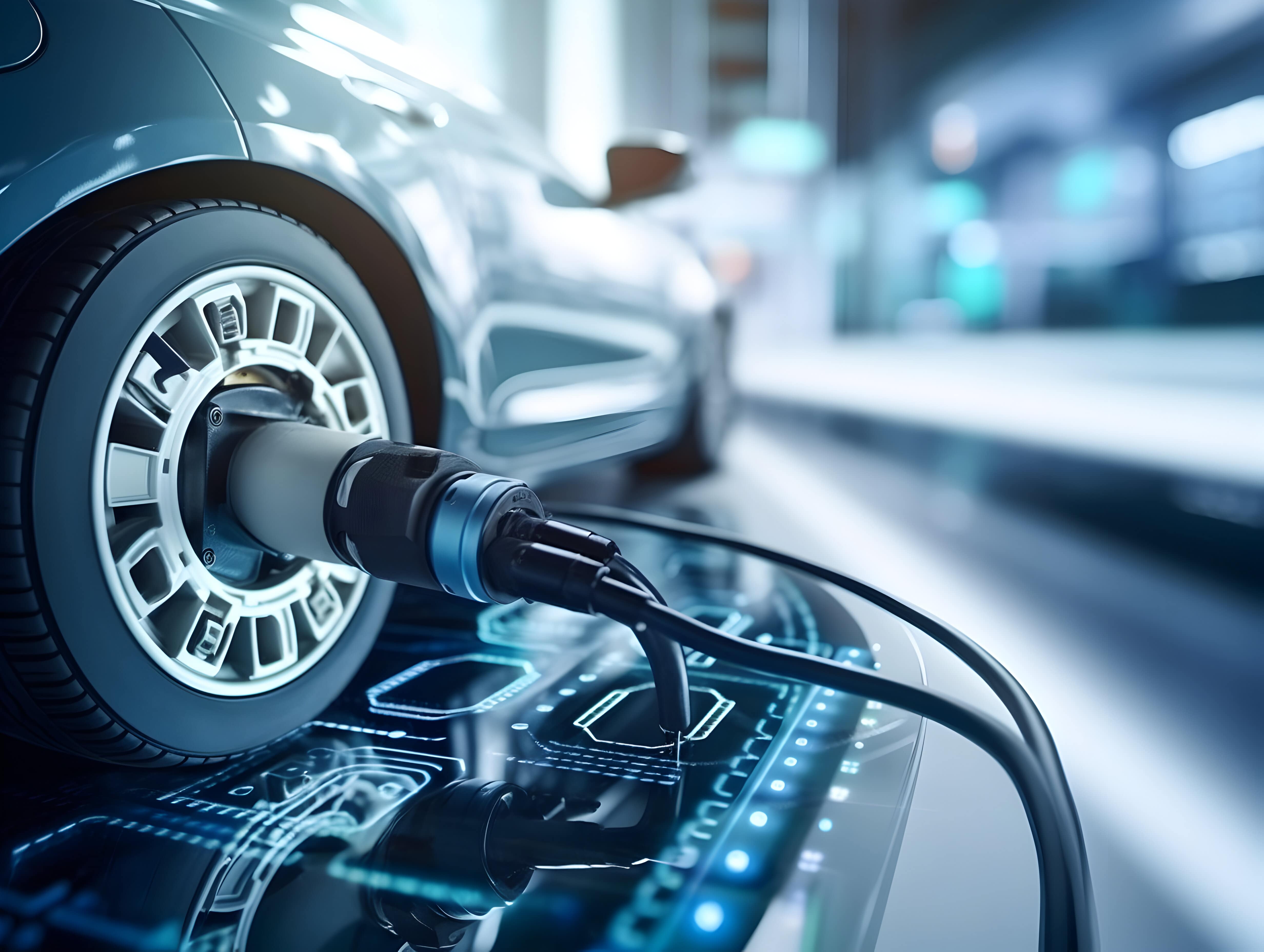
E-mobility
With the transformation of the global energy structure and the enhancement of environmental protection awareness, the electric vehicle industry has ushered in unprecedented development opportunities. In this context, electronic component testing has become a key link to ensure the safe, reliable, and efficient operation of electric vehicles. Compared with traditional fuel vehicles, electric vehicles rely more on the electric power system and its electronic control, which makes the performance of electronic components directly related to the comprehensive performance of electric vehicles and user experience.
The application of electronic component testing in the manufacturing of electric vehicles not only ensures the reliability of key components such as battery management systems and motor controllers but also identifies potential electronic system failures in advance, avoiding safety accidents after the vehicles are delivered to users. In addition, through accurate testing of electronic components, manufacturers can more finely control the energy consumption of electric vehicles, further improving the energy efficiency ratio, prolonging battery life, and optimizing the driving experience.
With the continuous advancement of testing technology and the enhancement of intelligence, the testing of electronic components has evolved from pure performance testing to comprehensive performance testing in a simulated real-vehicle operating environment. This kind of efficient and comprehensive testing not only improves the production efficiency of electric vehicles but also lays a solid foundation for the safe operation and continuous innovation of electric vehicles. Therefore, the role of electronic component testing in the electric vehicle industry is not only a technical guarantee but also an important force to promote the sustainable development of the entire industry.

